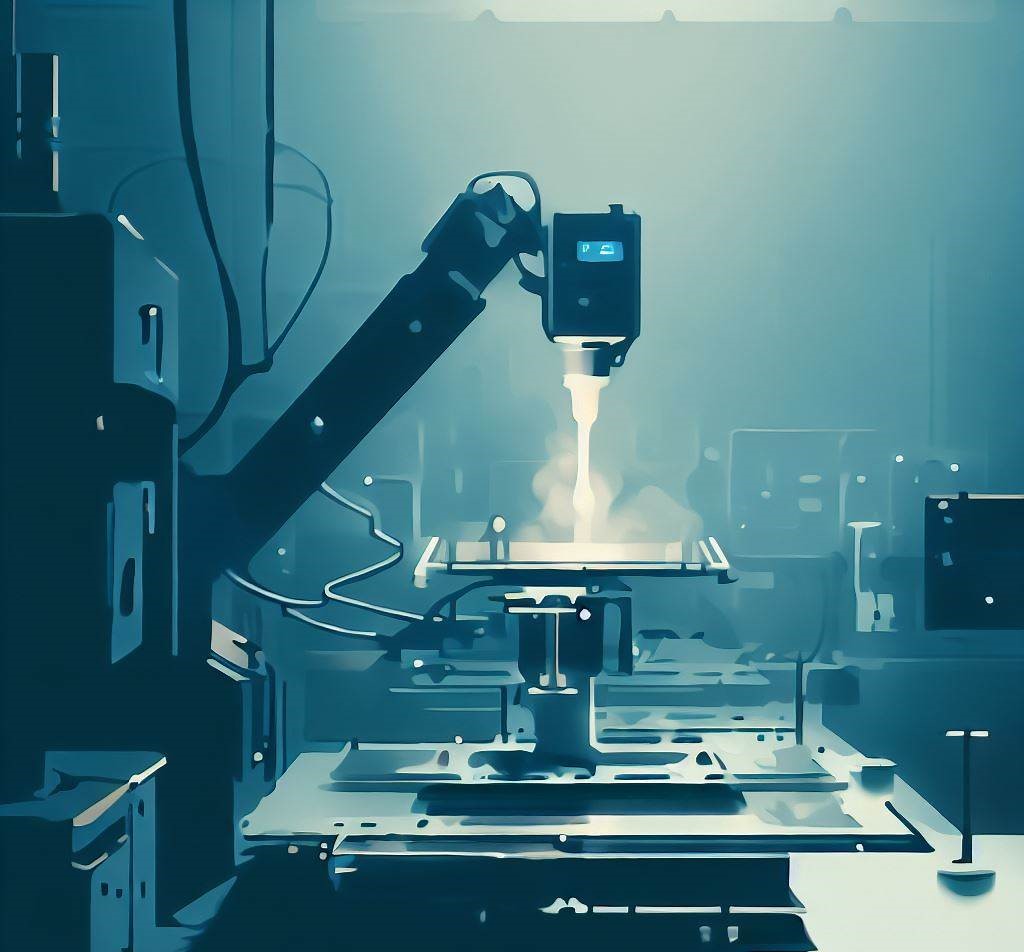Understanding the Importance of Temperature Testing in Electronics Manufacturing
In the ever-evolving world of electronics manufacturing, ensuring the reliability and quality of electronic devices is paramount. As technology continues to advance at an astonishing pace, the demand for high-performance and durable electronic products is on the rise. To meet these expectations, manufacturers employ various techniques and processes to ensure the functionality and longevity of their devices. One such critical process is temperature testing, which plays a vital role in guaranteeing the robustness and stability of electronic components.
 Temperature testing, also known as thermal testing, involves subjecting electronic devices and components to controlled temperature environments to assess their performance and reliability under different conditions. This process allows manufacturers to evaluate the behavior and functionality of the devices, ensuring they can withstand the rigors of real-world operating conditions.
Temperature testing, also known as thermal testing, involves subjecting electronic devices and components to controlled temperature environments to assess their performance and reliability under different conditions. This process allows manufacturers to evaluate the behavior and functionality of the devices, ensuring they can withstand the rigors of real-world operating conditions.
Let’s delve deeper into the significance of temperature testing in electronics manufacturing and understand why it is a crucial aspect of the production process.
1. Ensuring Performance in Extreme Environments
Electronic devices often find themselves in challenging environments, where they are exposed to extreme temperatures. From scorching heat to freezing cold, these devices must continue to function reliably. Temperature testing helps manufacturers simulate these extreme conditions to ensure that their products can perform optimally, regardless of the environment in which they are used.
2. Identifying Weaknesses and Vulnerabilities
Temperature testing serves as a diagnostic tool, revealing weaknesses and vulnerabilities in electronic devices. By subjecting the devices to varying temperatures, manufacturers can identify potential points of failure, design flaws, or material limitations. This knowledge allows them to make necessary improvements in the design and manufacturing process, resulting in more robust and durable products.
3. Enhancing Product Reliability
Reliability is a crucial factor in the success of any electronic device. Temperature testing aids in enhancing product reliability by identifying potential issues early in the development cycle. By subjecting prototypes or pre-production units to rigorous temperature testing, manufacturers can uncover any reliability concerns and address them before the product reaches the market. This proactive approach ensures that end-users receive products that are dependable and trustworthy.
4. Validating Design and Material Choices
The selection of appropriate materials and design choices significantly impacts the performance and reliability of electronic devices. Temperature testing allows manufacturers to validate their design and material choices by assessing their performance under different temperature conditions. This validation process ensures that the chosen materials and design strategies can withstand the expected operating temperatures without compromising performance or longevity.
5. Complying with Industry Standards and Regulations
The electronics industry is subject to stringent standards and regulations to ensure consumer safety and product reliability. Temperature testing is often a requirement to meet these standards and regulations. By conducting comprehensive temperature tests, manufacturers can demonstrate compliance with industry norms and provide assurance to customers that their products adhere to the highest quality standards.
6. Optimizing Manufacturing Processes
Temperature testing not only aids in product development but also helps optimize manufacturing processes. By analyzing the results of temperature tests, manufacturers can identify opportunities to streamline production, improve efficiency, and reduce costs. This optimization can lead to shorter production cycles, improved yield rates, and ultimately, increased profitability.
In conclusion, temperature testing is an indispensable aspect of electronics manufacturing. It plays a pivotal role in ensuring the performance, reliability, and longevity of electronic devices. By subjecting products to rigorous temperature conditions, manufacturers can identify weaknesses, validate design choices, comply with industry regulations, and optimize their manufacturing processes. Embracing temperature testing as an integral part of the production cycle empowers manufacturers to deliver high-quality electronic products that surpass customer expectations.
Got a Question?
We’re here to answer your questions and help you get started right away. Call or send us a message anytime.

Megalab Group
Megalab offers ISO 17025 A2LA Accredited, EMC, Product Safety, Mechanical & Laboratory Testing Services. Megalab Group Inc. and its team are committed to meet and exceed our customers’ expectations as an industry leader in environmental and related regulatory testing services, through constant business improvement while upholding the highest integrity and quality in standards of all services we provide.
Learn more at www.megalabinc.com



